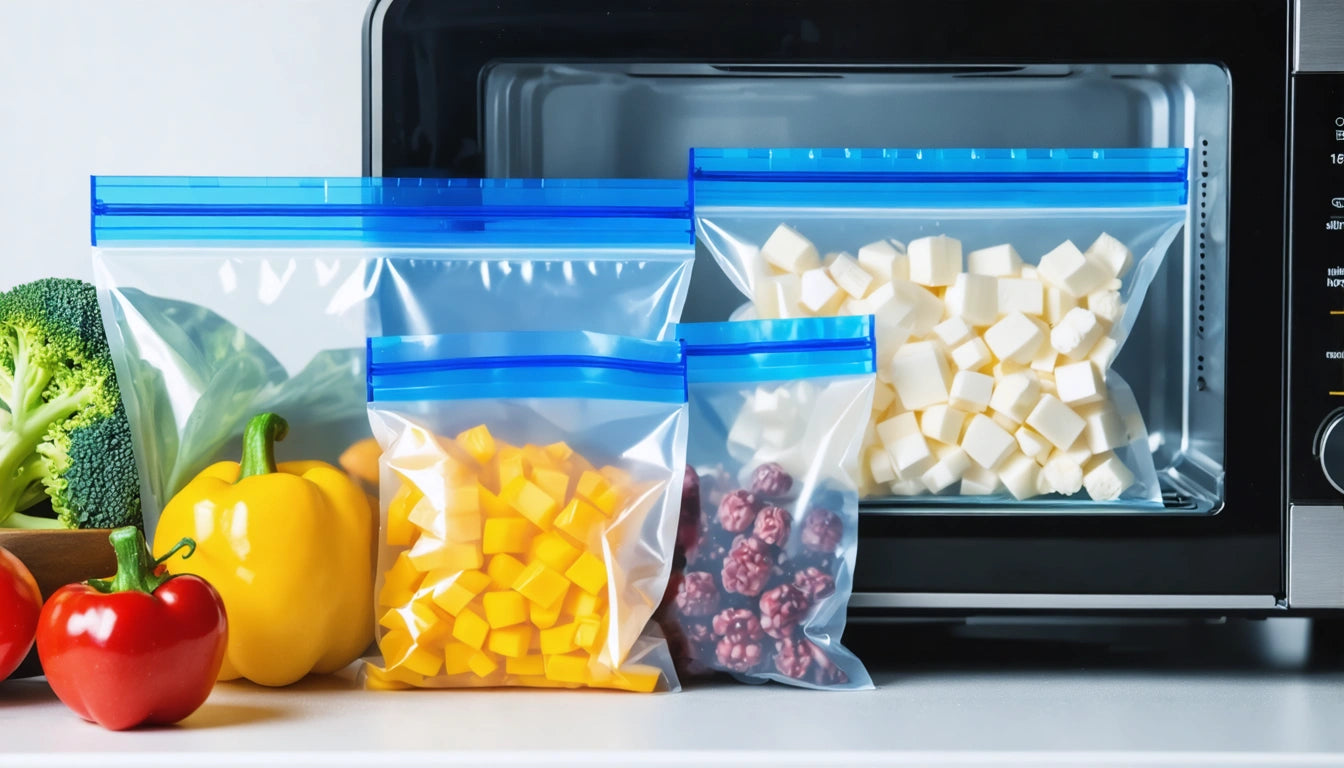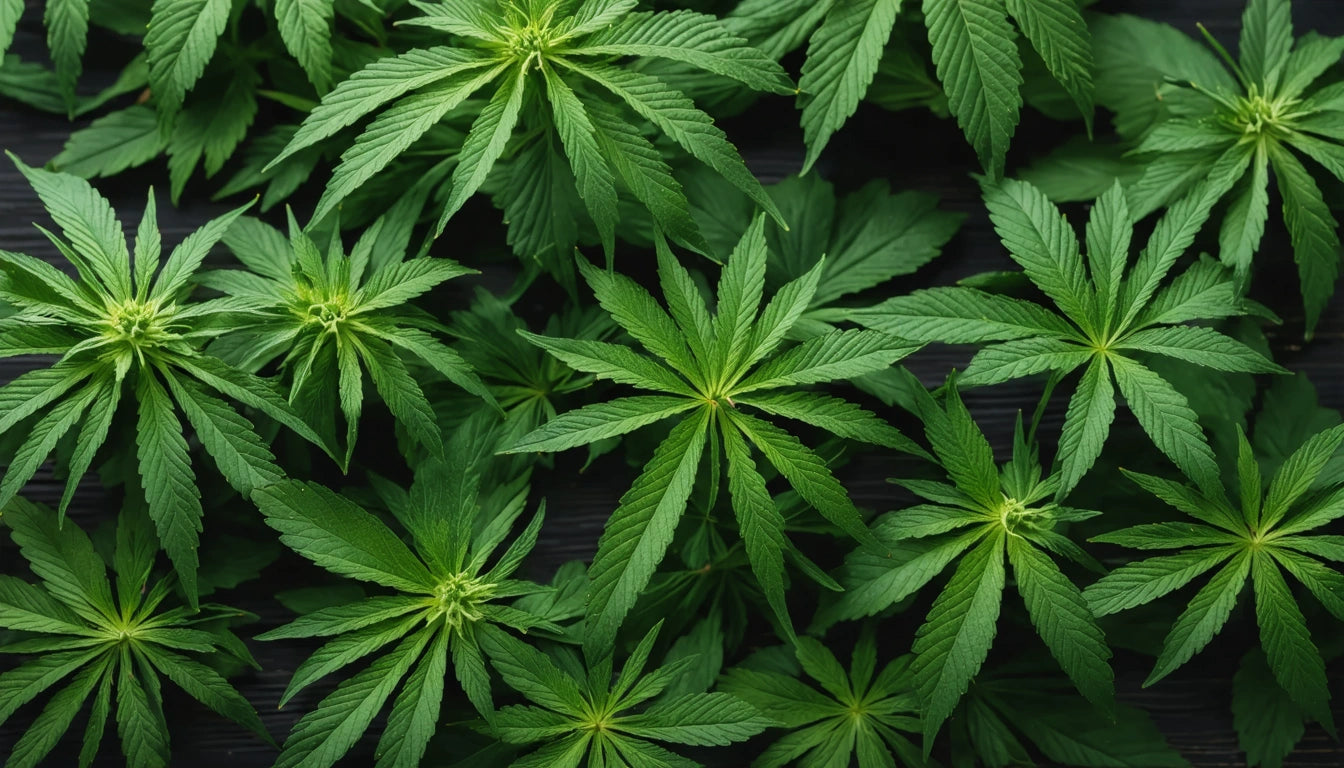Table of Contents
- Recreational Marijuana States: Where Adult-Use Cannabis Is Legal
- Medical Marijuana States: Where Cannabis Has Therapeutic Status
- CBD-Only States: Limited Cannabis Access
- States Where Marijuana Remains Fully Illegal
- Recent Changes to Marijuana Legalization Landscape
- The Evolving Landscape of U.S. Cannabis Legalization
Current U.S. States Where Marijuana Is Legal and Illegal
The legal status of marijuana continues to evolve rapidly across the United States, creating a complex patchwork of regulations that vary significantly from state to state. Understanding states where marijuana is legal versus those where it remains prohibited is crucial for consumers, businesses, and policymakers alike.
Recreational Marijuana States: Where Adult-Use Cannabis Is Legal
As of 2024, the following states have fully legalized recreational marijuana for adult use (21+):
- Alaska
- Arizona
- California
- Colorado
- Connecticut
- Delaware
- Illinois
- Maine
- Maryland
- Massachusetts
- Michigan
- Minnesota
- Missouri
- Montana
- Nevada
- New Jersey
- New Mexico
- New York
- Ohio
- Oregon
- Rhode Island
- Vermont
- Virginia
- Washington
- Washington D.C.
In these states, adults can legally purchase, possess, and in most cases, grow limited amounts of cannabis for personal use. However, specific regulations regarding purchase limits, public consumption, and home cultivation vary significantly between jurisdictions. For example, while some states allow home growing of up to 12 plants, others prohibit it entirely despite recreational legalization.
Medical Marijuana States: Where Cannabis Has Therapeutic Status
Several states have legalized marijuana exclusively for medical purposes, requiring patients to have qualifying conditions and proper documentation:
- Alabama
- Arkansas
- Florida
- Hawaii
- Louisiana
- Mississippi
- New Hampshire
- North Dakota
- Oklahoma
- Pennsylvania
- South Dakota
- Utah
- West Virginia
In these states, qualified patients can access cannabis through dispensaries or, in some cases, grow their own medicine. The qualifying conditions and possession limits vary by state, with some having more restrictive programs than others. For instance, Louisiana does not permit smoking cannabis flower, while Oklahoma has one of the most liberal medical programs in the country.
CBD-Only States: Limited Cannabis Access
Some states have laws that permit only CBD (cannabidiol) products with minimal THC content:
- Georgia
- Iowa
- Kentucky
- Texas
- Wisconsin
- Wyoming
These states typically allow CBD products for specific medical conditions, often with restrictions on THC content (usually 0.3% or less). While these programs provide some access to cannabis-derived medicine, they fall short of comprehensive medical marijuana programs.
States Where Marijuana Remains Fully Illegal
Despite the nationwide trend toward legalization, several states where marijuana is illegal at both the recreational and comprehensive medical levels include:
- Idaho
- Kansas
- Nebraska
- North Carolina
- South Carolina
- Tennessee
In these states, possession of marijuana in any form (except for federally legal hemp-derived products with less than 0.3% THC) remains prohibited and can result in criminal penalties. The severity of these penalties varies significantly, with some states having decriminalized small amounts while maintaining prohibition.
For businesses operating across state lines, proper compliant packaging solutions for larger quantities becomes essential to navigate the complex legal landscape while maintaining product integrity and meeting each state's specific requirements.
Recent Changes to Marijuana Legalization Landscape
The past few years have seen significant shifts in what states is marijuana legal in, with several notable developments:
- Ohio: Voters approved recreational marijuana in November 2023
- Delaware: Legalized recreational use in 2023 after legislative action
- Minnesota: Became the 23rd state to legalize recreational marijuana in 2023
- Maryland: Implemented recreational sales in July 2023
- Missouri: Began recreational sales in February 2023
These recent changes reflect the continuing momentum toward broader cannabis acceptance and legalization across the United States. Several additional states are considering legalization measures through either legislative action or ballot initiatives in upcoming election cycles.
The Evolving Landscape of U.S. Cannabis Legalization
Looking ahead, several states are positioned as likely candidates for marijuana legalization in the near future:
- Pennsylvania: Has strong support for recreational legalization
- North Carolina: Showing progress toward medical marijuana legalization
- Florida: Has a recreational marijuana initiative on the 2024 ballot
- Nebraska: Advocates are pushing for medical marijuana measures
The federal status of marijuana remains complicated, with cannabis still classified as a Schedule I controlled substance despite state-level legalization. However, discussions about federal rescheduling or descheduling continue to evolve.
For consumers and businesses navigating this complex landscape, staying informed about states where marijuanas is legal versus illegal is essential for compliance and understanding the rights and restrictions that apply in different jurisdictions.
As more states consider and implement legalization measures, the national conversation around cannabis continues to shift toward acceptance and regulation rather than prohibition. This trend suggests that the number of states with legal cannabis access will likely continue to grow in the coming years.











Leave a comment
All comments are moderated before being published.
This site is protected by hCaptcha and the hCaptcha Privacy Policy and Terms of Service apply.